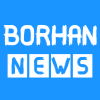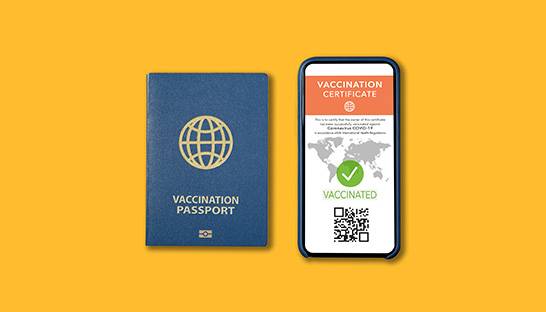[ad_1]
The newly digitized passenger arrivals form is due to launch in December and is to be the first application under the government’s Permissions Capability Platform, which is being developed by Accenture.
As many Australians watch the country’s international borders reopen, professional services firm Accenture has been busy preparing the federal government’s new Digital Passenger Declaration platform, which is expected to launch in December. The digitized system, which must be completed three days before boarding for Australia, will replace standard passenger arrival cards as well as the current web-based Covid-19 screening form.
In addition to the usual immigration and customs tariff, the Digital Passenger Declaration will also capture the vaccination status of international visitors and returning Australians – with verification capacity for the new International Covid-19 Vaccination Card to be added after launch – and the Commonwealth will then be able to share the data about passengers and contact information with state and territory health authorities and other government authorities.

“The Digital Passenger Declaration will support the safe reopening of Australia’s international borders by providing digitally verified Covid-19 vaccination details,” said Home Affairs Minister Karen Andrews. “This will help us welcome home a growing number of Australians and welcome the tourists, travellers, international students, skilled workers and overseas friends and family we’ve all missed during the pandemic.”
The digital declaration form is part of a wider set of information-gathering schemes envisioned under the “Entitlement Platform” being built by Accenture, at a reported cost of around $60 million over three years, with the overarching technology to be tailored to catch the “clumsy”. ‘ processes such as import permits, identity cards, licences, registration and visas – the latter after the government scrapped a controversial visa privatization plan last year.
The aborted plan cost Australian taxpayers $65 million in consulting fees (and more than $90 million overall), with Boston Consulting Group walking away with almost $45 million after it was first involved in the project in 2015. Accenture, which won the tender against competing bids from IBM and PwC, KPMG, Deloitte and McKinsey, among others, helped develop the permitting capabilities project.
Despite abandoning its plan to privatize visas after a fierce public backlash, the government continues to face criticism for outsourcing and its standard approach to buying technology for sensitive services. “This new platform is critical digital infrastructure that should be built in-house by the public service, so it is publicly owned and controlled by Parliament,” Community and Public Sector Union member Michael Tull told InnovationAus.
[ad_2]


